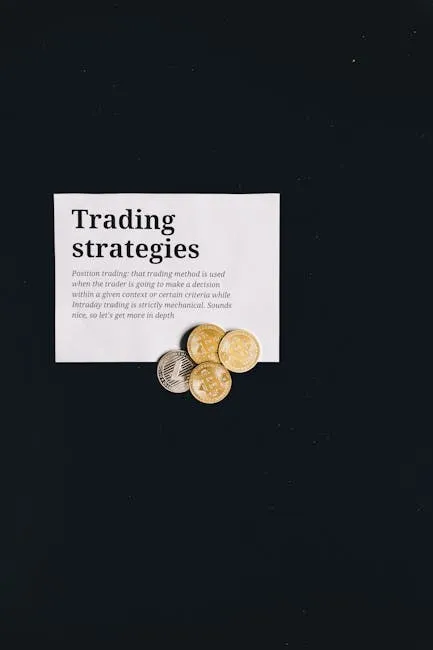
Ondo Finance Urges SEC to Reconsider Nasdaq’s Tokenized Securities Proposal
In a recent development that has captured the attention of the financial world, Ondo Finance has sent a letter to the U.S. Securities and Exchange Commission (SEC) expressing significant concerns regarding Nasdaq’s ambitious plan to introduce tokenized securities. The company argues that the initiative, as currently structured, could disproportionately benefit larger market players due to undisclosed settlement details.
The Crux of the Concern
At the heart of Ondo Finance’s argument is the necessity for transparency and fairness in the financial markets. In their correspondence with the SEC, Ondo highlights the potential risks associated with the lack of clarity surrounding the settlement processes involved in Nasdaq’s tokenized securities offering. They contend that without proper disclosure, smaller investors could find themselves at a disadvantage compared to institutional giants who may have better access to insider information.
What Are Tokenized Securities?
For those unfamiliar, tokenized securities are digital representations of traditional assets, such as stocks or bonds, recorded on a blockchain. They promise to enhance liquidity and accessibility in the financial markets, making it easier for a broader range of investors to participate. However, as Ondo Finance points out, the implementation of such innovations must be carefully managed to ensure that they do not inadvertently reinforce existing inequalities in the market.
Why This Matters
The implications of Ondo’s letter extend beyond just the immediate concerns over Nasdaq’s plan. It raises broader questions about how financial regulations will adapt to the rapidly evolving landscape of digital assets and tokenization. As traditional financial institutions explore these new avenues, ensuring that all market participants, regardless of size, are treated fairly is paramount.
A Call for Action
Ondo Finance’s proactive stance is a reminder of the crucial role that regulatory bodies like the SEC play in shaping the future of finance. By urging the SEC to hold off on approving Nasdaq’s plan until these issues are addressed, Ondo is advocating for a more equitable marketplace—one that safeguards the interests of both small and large investors alike.
This situation serves as a vital case study in the ongoing dialogue about innovation in finance versus the need for regulatory oversight. As the SEC deliberates, the financial community watches closely, eager to see how these discussions will influence the future of tokenized securities.
In conclusion, the conversation initiated by Ondo Finance highlights the importance of transparency and fairness in financial innovation. As we navigate this new era of digital assets, it is essential to ensure that the frameworks we put in place support a level playing field for all investors.



